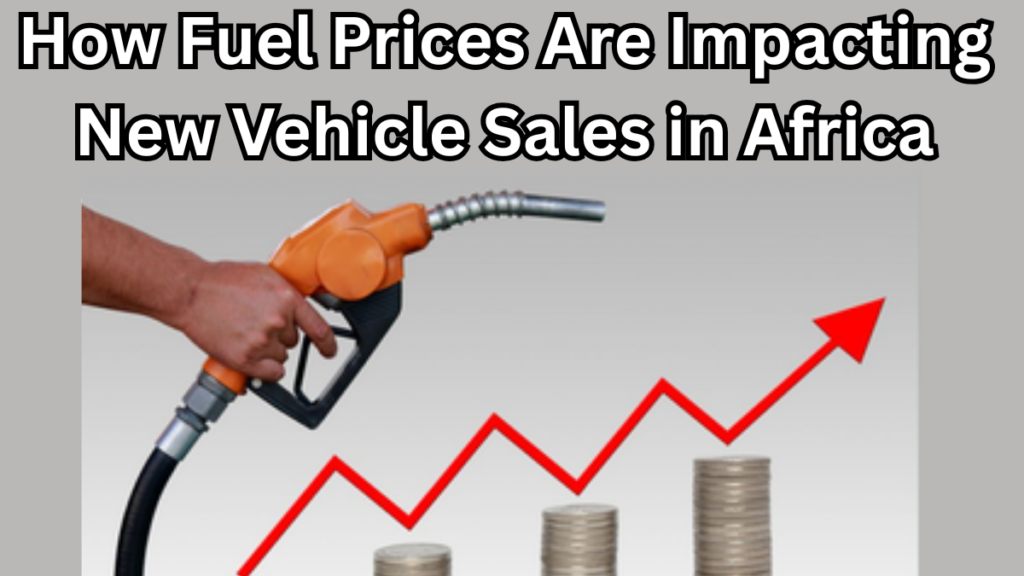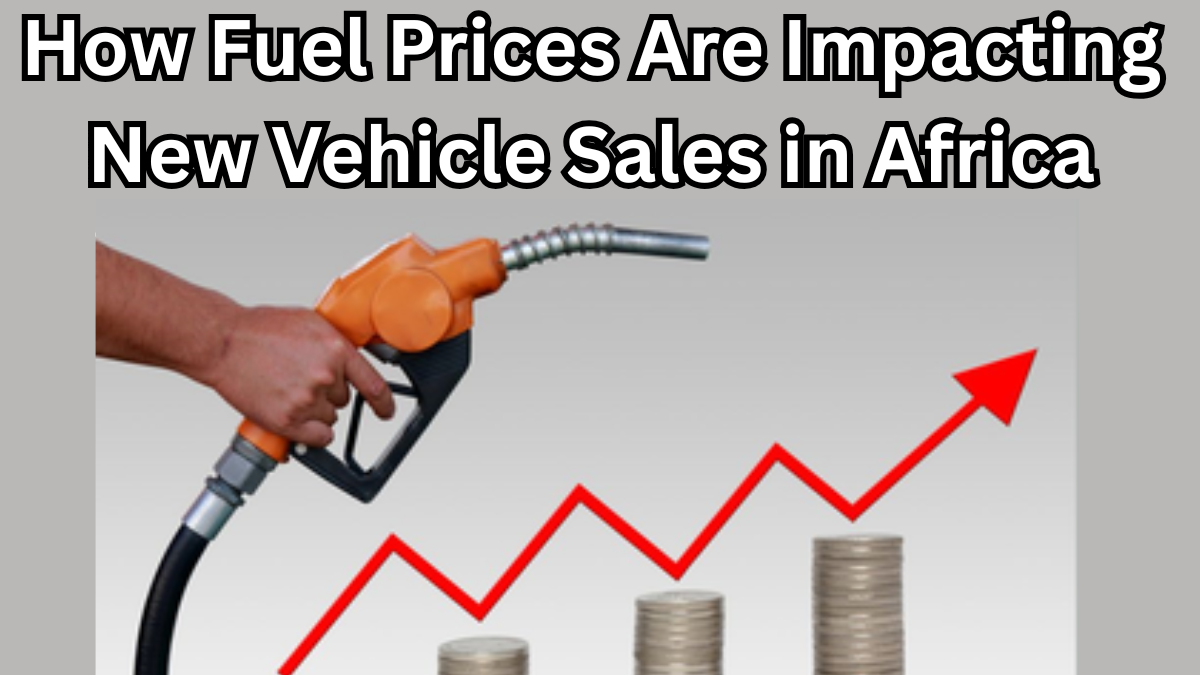In July 2025, car showrooms across Africa are seeing a dramatic shift. The rising cost of fuel is doing more than denting wallets—it’s reshaping the entire automotive market. The fuel price impact on auto sales is real, and it’s hitting both buyers and manufacturers hard.
Let’s dive into how inflation & buying trends are influencing vehicle purchases, and what lies ahead for Africa’s auto industry.

Rising Fuel Costs: A Wrench in the Auto Market
With petrol prices hitting record highs in countries like Nigeria, Kenya, and South Africa, many potential car buyers are putting their plans on hold. The direct consequence? A noticeable dip in new car registrations.
Why Fuel Prices Matter So Much
-
Fuel expenses often form a large part of a car owner’s monthly budget.
-
Rising prices make internal combustion engine (ICE) vehicles less attractive.
-
People are becoming cautious due to overall inflation & buying trends in daily living.
Snapshot: Vehicle Sales Drop Across Africa
Here’s how the numbers are looking across key African markets:
| Country | Avg. Fuel Price (July 2025) | Change in New Vehicle Sales |
|---|---|---|
| South Africa | $1.65/litre | -12% |
| Nigeria | $1.32/litre | -15% |
| Kenya | $1.50/litre | -10% |
| Ghana | $1.40/litre | -9% |
| Egypt | $0.95/litre (subsidized) | -5% |
Source: July 2025 Regional Auto Market Reports
How Consumers Are Reacting
Buyers across Africa are rethinking their auto purchases due to the fuel price impact on auto sales.
Shifts in Buyer Preferences
-
Smaller Cars: Hatchbacks and sedans with better mileage are gaining traction.
-
Electric Vehicles (EVs): In markets like Morocco and South Africa, EVs are seeing an uptick, despite infrastructure gaps.
-
Used Cars: Pre-owned vehicles with better fuel economy are in higher demand.
-
Two-Wheelers: Motorbikes and scooters are now a top alternative for urban travel.
Automakers Are Feeling the Pressure
Vehicle manufacturers and dealers aren’t spared either. Here’s how they’re adjusting:
-
Discounts and Offers: To push sluggish inventory, many are offering limited-time discounts.
-
EV Launches: Several brands are fast-tracking the release of electric or hybrid models.
-
Flexible Financing: More 0% down payment and longer loan tenure options are appearing to support affordability.
Urban vs Rural: The Divide in Sales Patterns
| Buyer Location | Impact Severity | Notable Buying Trends |
|---|---|---|
| Urban Cities | High | Shift toward fuel-efficient and EV vehicles |
| Rural Areas | Moderate | Preference for durable, multi-use vehicles |
What to Expect Going Forward
As long as fuel prices remain volatile, the fuel price impact on auto sales will likely persist. However, it’s also forcing innovation and eco-conscious behavior:
-
Expansion of EV charging infrastructure.
-
Government discussions around fuel subsidies and incentives.
-
Rise in ride-sharing and public transport initiatives.
FAQs
1. Why are fuel prices affecting new vehicle sales in Africa so drastically?
Because fuel costs make up a major portion of vehicle ownership. When they rise, people rethink their affordability and postpone buying decisions.
2. Are electric vehicles a viable solution in Africa right now?
EVs are gaining interest, especially in urban areas, but limited infrastructure and high costs are still barriers in many regions.
3. How are automakers responding to the inflation & buying trends?
Manufacturers are offering more fuel-efficient and hybrid vehicles, introducing flexible payment plans, and even revisiting pricing strategies.
4. Will the auto market bounce back soon?
Recovery depends on fuel price stabilization, inflation control, and improvements in the broader economy. Short-term challenges are expected to continue into early 2026.
Click here to learn more
Sachin is a dedicated writer specializing in education, career, and recruitment topics, delivering clear and actionable insights to empower readers.
